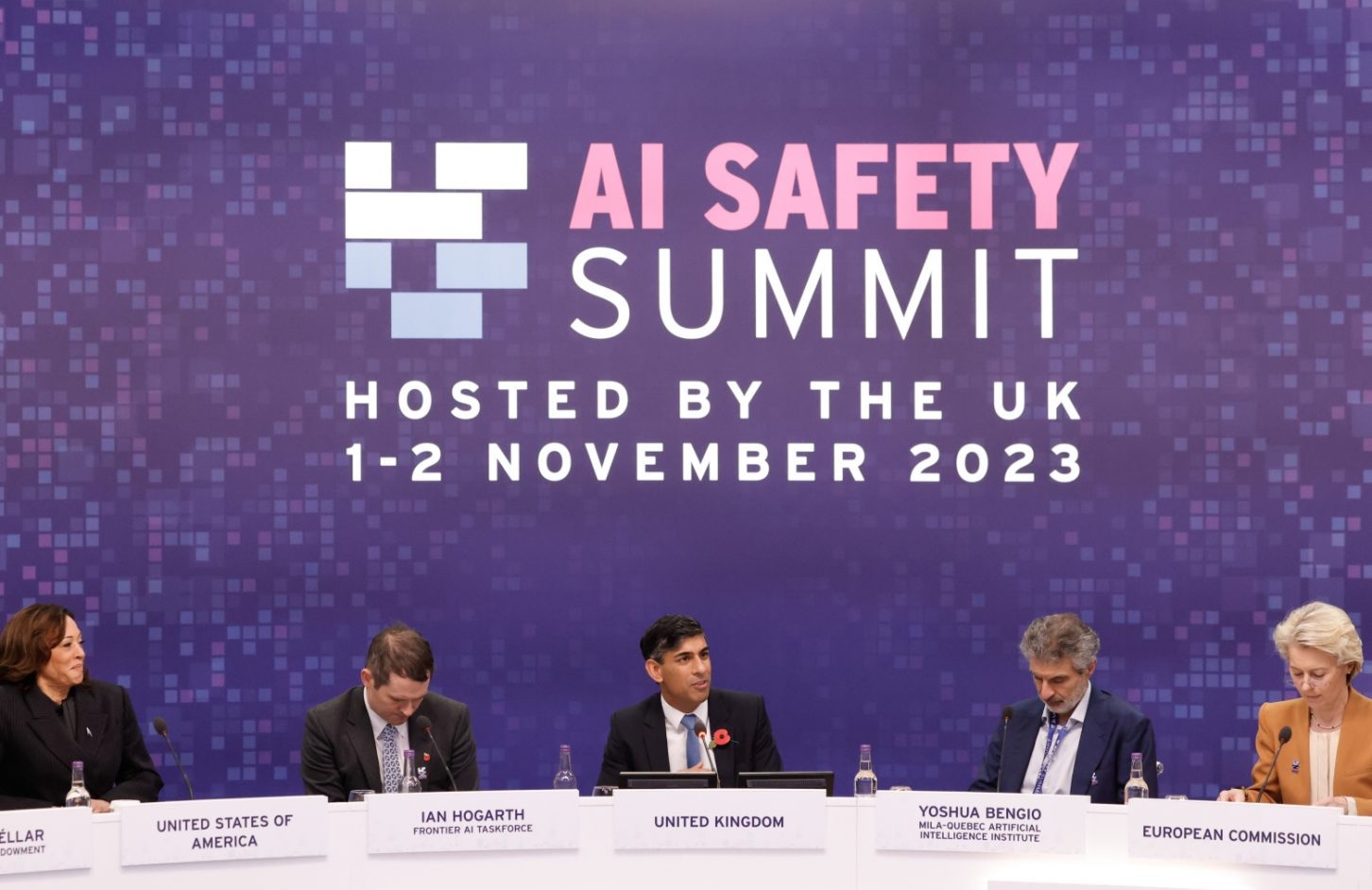Now that the dust has settled on the first AI Safety Summit, we can consider the event a success. Kudos to Prime Minister Rishi Sunak and his team for bringing together attendees with such political and commercial heft and for securing global consensus on the need for governments to act on AI safety.
AI has the potential to transform our economy and society in both beneficial and dangerous ways. When industry leaders such as Sam Altman and AI experts such as Geoff Hinton warn us of the dangers we should take them at their word and not dismiss them as ‘doomsters’ or as being motivated primarily by regulatory capture.
Imagine if big tobacco executives had been more open about the dangers of smoking or big oil CEOs pushed for stricter carbon emission regulation? It is commendable that in AI, industry leaders don’t try to hide from the societal risks of their products. Achieving consensus and moving beyond debating whether the risks are real or not is a big step forward....

